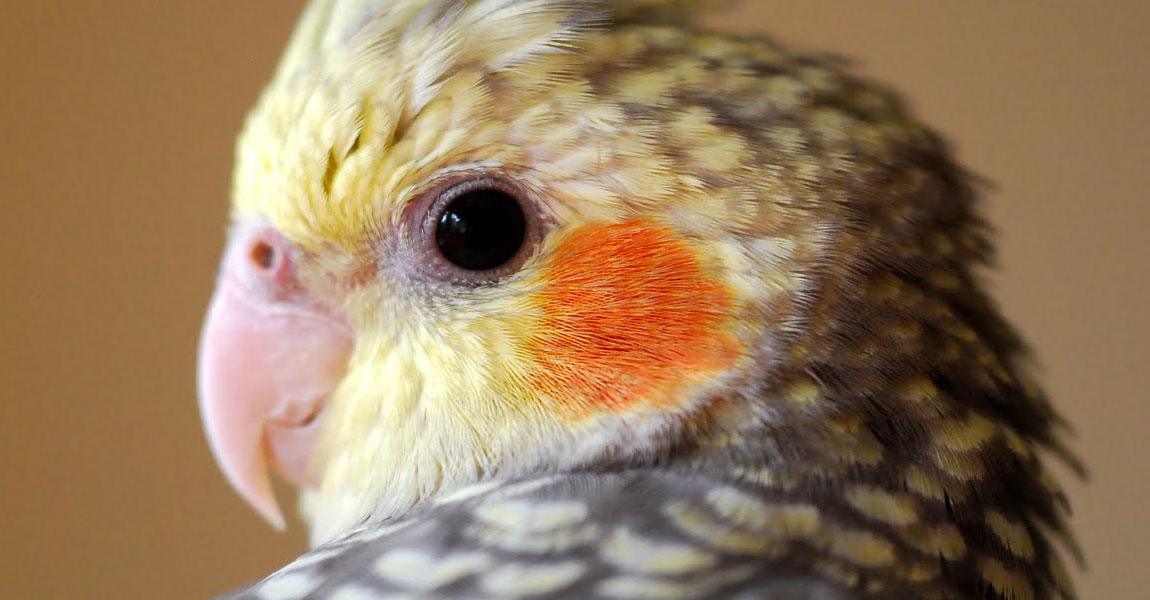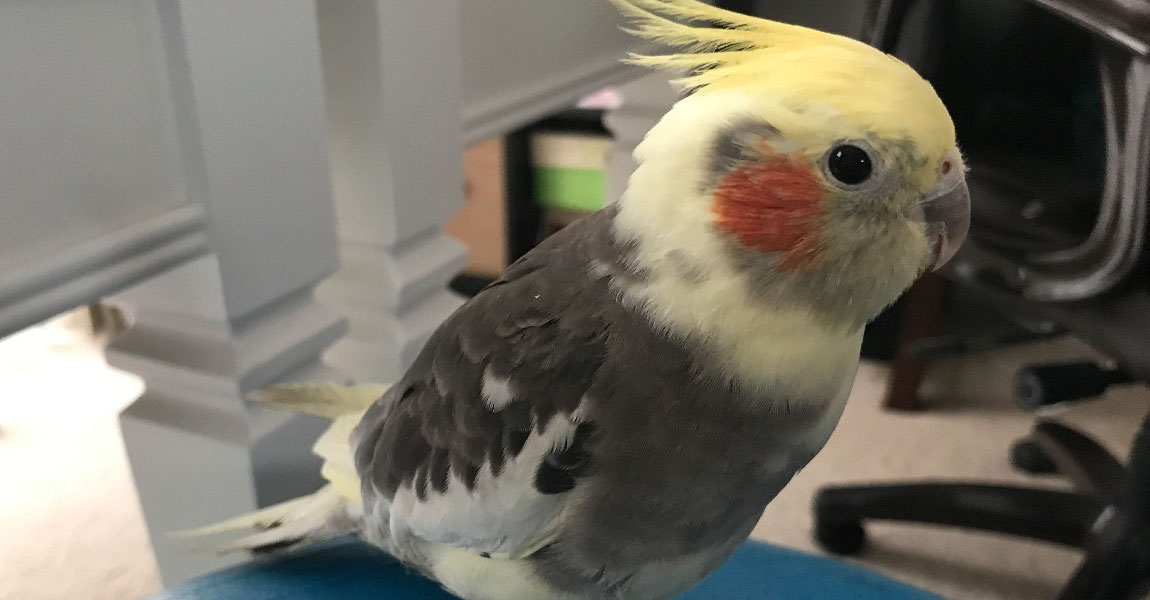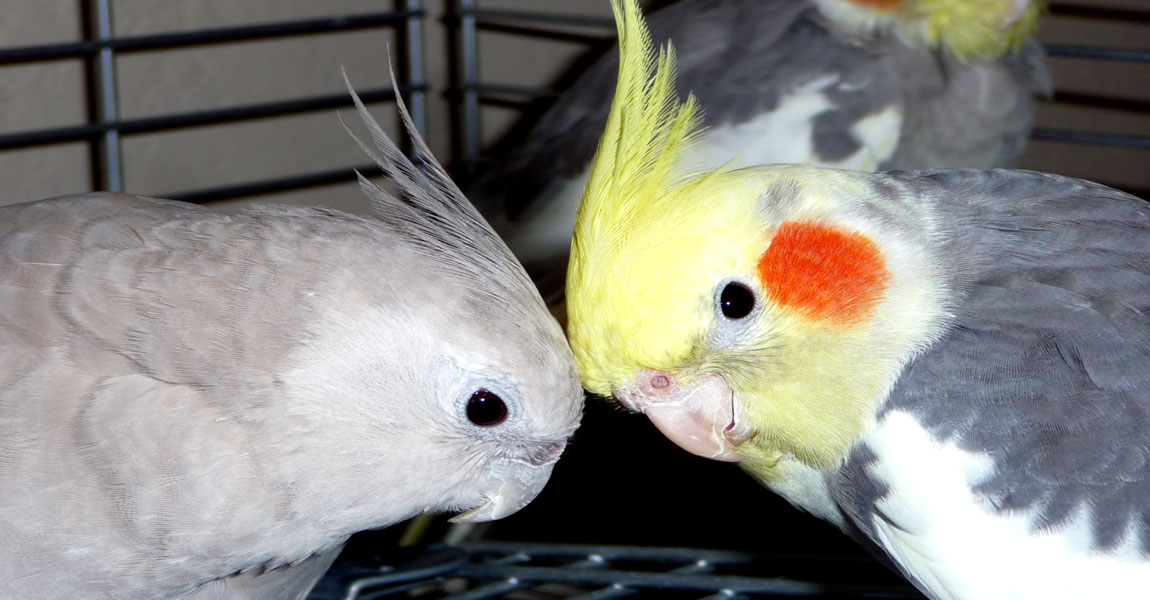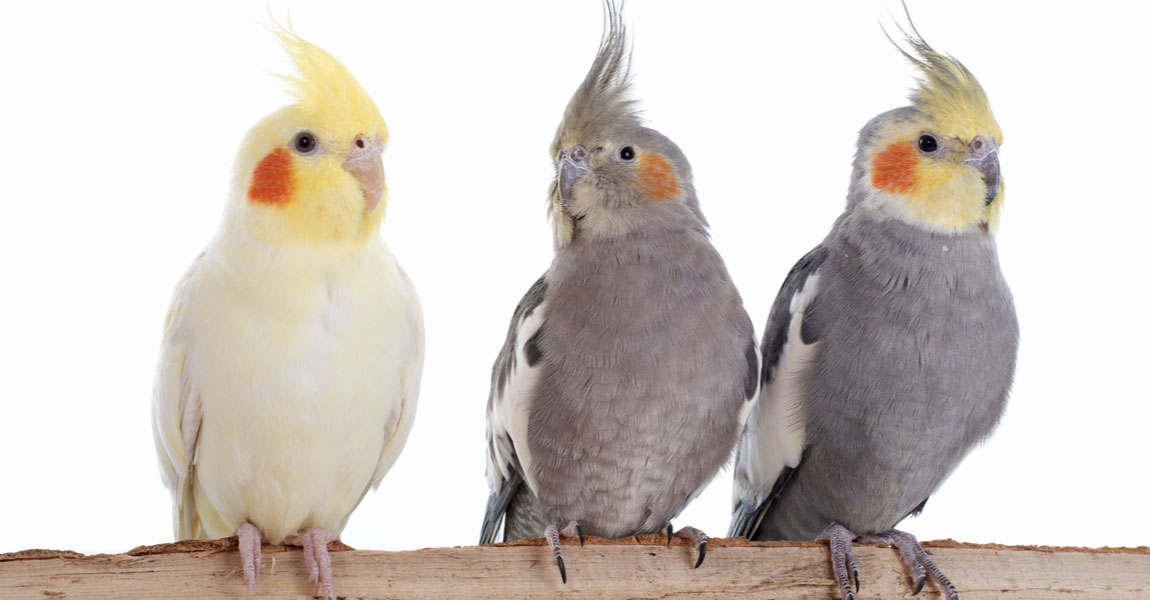The most important factor to consider on your cockatiel's nutrition and diet is variety. Your cockatiel will dictate what it likes and what it dislikes. It's important that you never force your cockatiel to eat something it does not want, again your cockatiel will select on its own what it likes. If your tiel only eats just a small amount of any other food besides its regular seeds or pellets diet, that is OK too, again the importance here is variety on your cockatiel's diet.
If your tiel only eats just a small amount of any other food besides its regular seeds or pellets diet, that is OK too, again the importance here is variety on your cockatiel's diet.
When serving your cockatiel fruits and veggies, it will be best to serve small amounts, either chopped, shredded or in very small pieces, this will motivate your cockatiel to grab some food and give them a try.
Pellets Vs. Seeds
This has been a controversial subject among cockatiel owners. You don't have to convert your tiel to pellets, as long as you are giving them a variety foods. We have had cockatiel living up to 22 years on this diet, a diet of variety.
Water
Your cockatiel's water should always be clean and changed daily or any time it gets dirty with droppings or food particles. The water trays should always be washed and cleaned with hot soapy water to avoid bacteria and fungus to grow. The rule of thumb here is that you should only give your cockatiel water that you think you can drink too, so if you only drink bottle water so should your cockatiel as well.
Seeds
Again nothing wrong with a seed diet as long as you have variety. Do make sure you clean the seed tray as well with hot soapy water to avoid bacteria and fungus to grow, and do make sure that the seed tray is completely and totally dry before serving seeds. Any time moisture is on the seed tray, you are inviting fungus and bacteria. Your cockatiel will extract the seed from the husks and the bowl may in fact be full of empty husks that your cockatiel does not consume, so it's important that you refresh the seed tray as often as you can.
Veggies
Sprouts, Spinach, Turnip Greens, Swiss chard, Mustard Greens, Broccoli, Escarole, Chicory, Dried Tomatoes, Beet Greens, Bok Choy, Grated Carrots, Collard greens, Corn on the Cob, Endive, Kale, Yams, Pumpkin, Sweet potato, (cockatiels like Yams, Pumpkin and Sweet Potato better when they are cooked).
Fruits
Mangos, Cantaloupe, Apricots, Nectarines, Papayas, Peaches Apples, Bananas, Grapes, Oranges. Make sure your cockatiel does not have any seeds from fruits, some can be very dangerous, like Cherry pits as they may contain trace amounts of cyanide.
Protein and Meat
It's OK for your cockatiel to eat chicken, again we are talking here very, very, small amounts. Other sources of protein are cooked eggs (hard boiled or scrambled), yogurt, cottage cheese and peanuts.
NEVER give your cockatiel any of the following foods, as they are extremely TOXIC:
Avocado, Chocolate, Any Fruit Seeds, Onions, Garlic, Alcohol, Mushrooms, Honey, Salt, Caffeine, Dried or Uncooked Beans, Rhubarb, High-Fat, High-Sodium, High-Sugar Foods. Any type of food that might be advertised as 'sugar free', like sugar free peanut butter, candies etc. These sugar free products might contain Xylitol, which has been associated with severe hypoglycemia and liver damage.
Great Tip:
When you buy a bag of seeds at your local pet store, you can put it in the freezer to keep the seeds fresh and free of bugs. Do make sure that the seeds are in a sealed bag or resealable plastic bags to avoid moisture inside the bag. Your seeds will stay fresh for months to come.Note: Wash all fruits and vegetables you serve thoroughly. This is to make sure you wash all traces of pesticides and other chemicals away by first soaking the produce in a bowl of cold water for a few minutes, and then rinse with fresh water again.
As always the information offered here is to provide guidance and is not intended to be a substitute for the good advice provided by your own avian vet. When in doubt always consult your own veterinarian.
Source: Cockatiel.com





